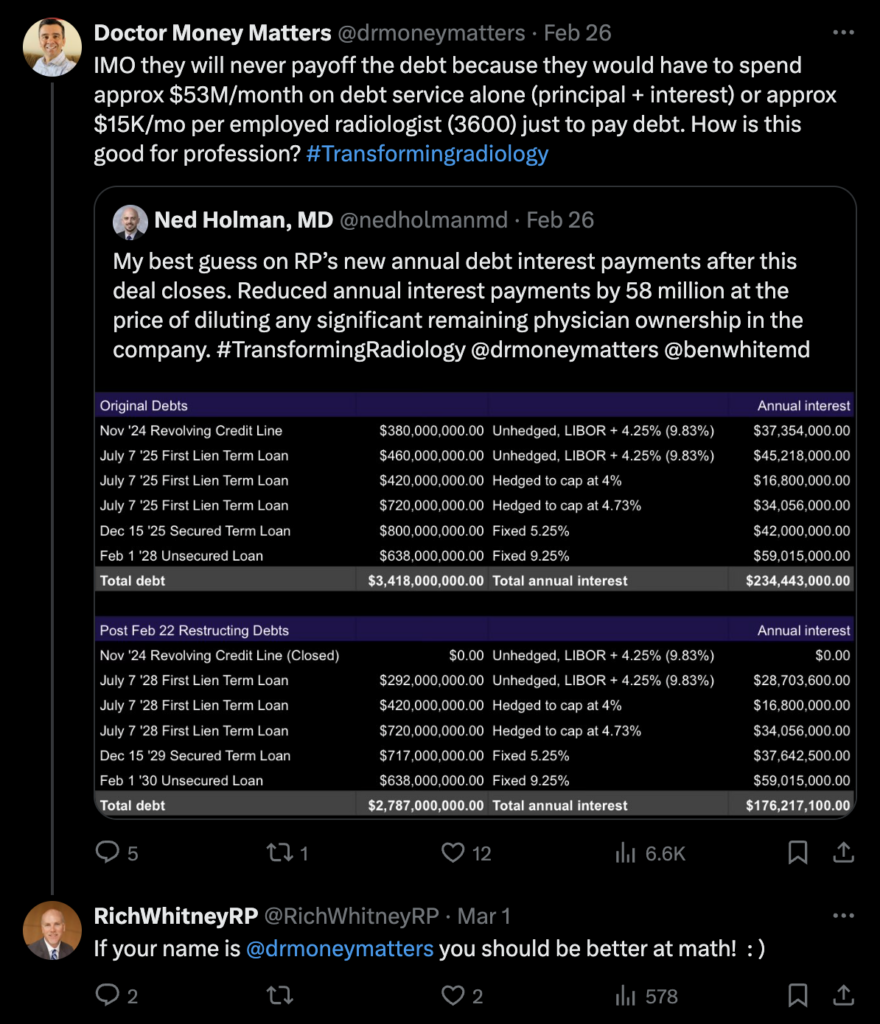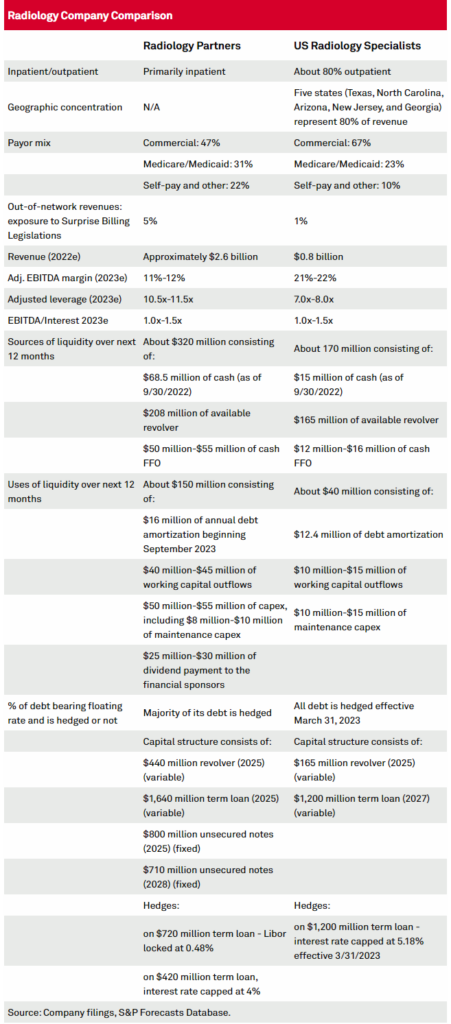Niko McCarty, writing about writing in the age of AI:
“This is so boring. Why do you write like this?”
The truth is that my past slew of academic and corporate jobs had neutered my ability to write evocatively and creatively. Up until that point, I had never really stood up for anything in public. Perhaps I was afraid that people would attack me, or that my former mentors would be disappointed in my decision to publish argumentative or opinionated pieces. But that single sentence, uttered by my boss, shook me up. I started writing with fewer self-imposed restrictions. I stopped fearing the reactions of others. I decided to just be myself—to be uniquely human, and not give a damn.

